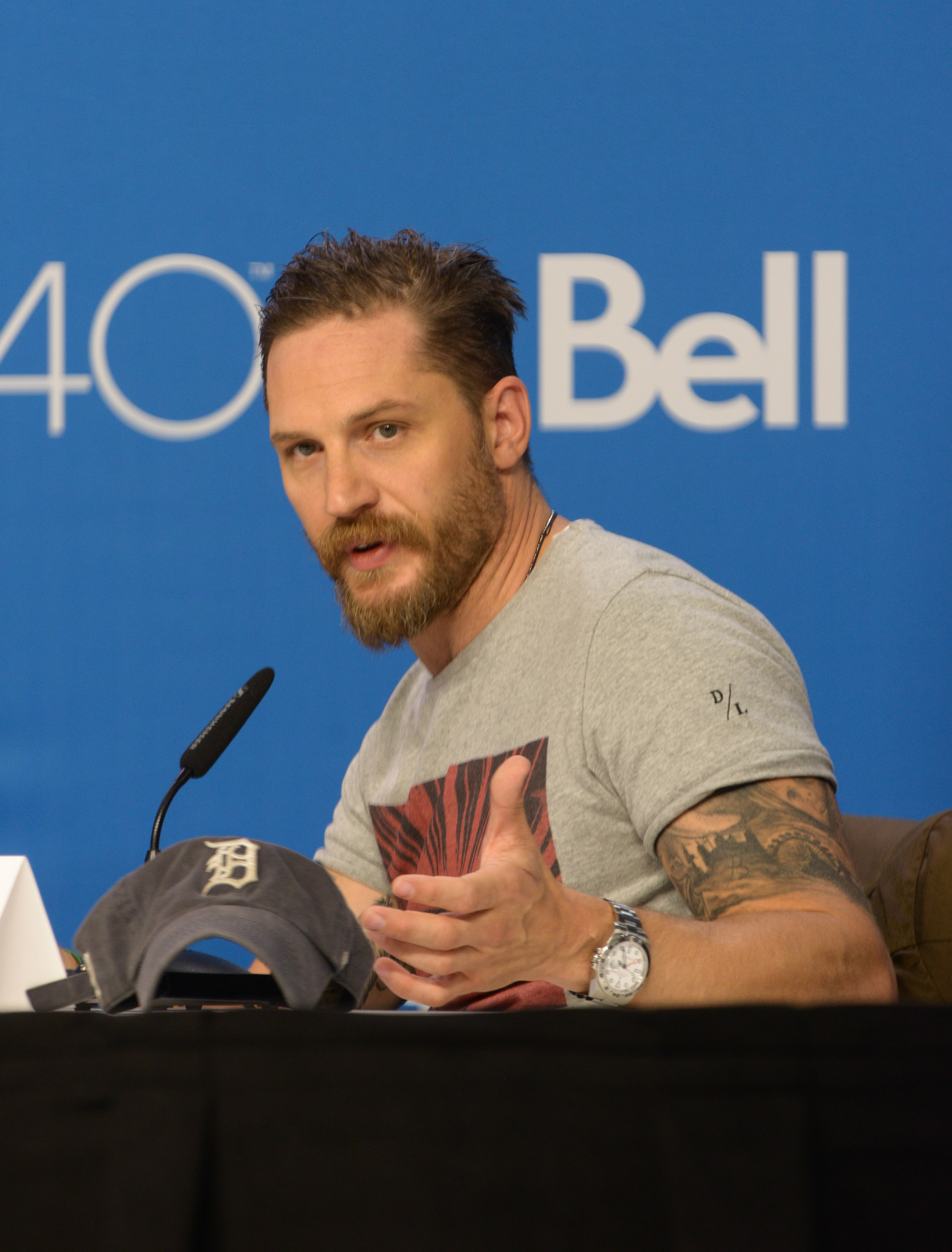
Tom Hardy’s sexual orientation has made headlines in the past. Now, his refusal to talk about talking about sexuality is causing a stir. It shouldn’t.
On Sunday, at a press conference at the Toronto International Film Festival for Hardy’s new movie Legend, in which Hardy plays a gay man, reporter Graeme Coleman from the LGBT news outlet Daily Xtra asked Hardy: “Do you find it hard for celebrities to talk to media about their sexuality?” After an awkward back-and-forth, Hardy shut down the question with “Thank you.”
Digg posted the video with the headline “Tom Hardy Has The Perfect Answer To Reporter Asking Him About His Sexuality.” But if anything this should make Hardy look bad, not the reporter.
There is nothing embarrassing about being gay. There is nothing dirty or taboo about it. Asking someone if he or she is gay is the equivalent of asking if they are married, if they were raised Christian, of if they have a bachelor’s degree. It is a factual question. Just because being gay affects who a person has sex with, this is not a question about his or her sex life. It’s not asking about which sexual positions a person prefers or how often they masturbate. Those are, of course, personal matters that should never be asked about (unless by a very close friend at a boozy brunch).
The reason why some people don’t want to ask—both at press conferences and at cocktail parties—is because there is still that little lingering doubt in the back of their minds that there is something wrong with homosexuality. If you ask someone whether he or she is gay, and he or she is not, they should not feel badly about themselves or about you.
Gay people are, in most cases, happy to tell you that they are gay. Straight people hardly ever get asked whether they’re straight or gay and might be taken aback by the question, but they seem to never have a problem setting the record straight. (Asking how much someone makes or how much they spent on a dress, however, is still off limits.)
Regardless, these questions are especially relevant given Hardy’s past statements and his role in this movie. In 2008, while Hardy was promoting another movie in which he played a gay man, British gay lifestyle magazine Attitude quoted him saying “I’ve played with everything and everyone.” Hardy later denied that he ever had sex with men and said he was misquoted. In Legend, Hardy plays both Reggie and Ronnie Kray, twin British gangsters. Ronnie is known to have been gay, and recent reports claim that both brothers were bisexual.
That’s likely why the reporter asked about Hardy’s sexual orientation. It’s the same reason why a reporter might ask the man playing Jesus in a TV movie whether or not he was raised Christian. It doesn’t question his competence as an actor, but it does have relevance to what sort of personal experiences he brings to the role.
I get why Hardy is upset with the inquiry—the question has been asked and answered. We don’t need to ask Neil Patrick Harris or Wanda Sykes about their sexuality for every role they play. The issue is that the question is whether Hardy finds it hard for celebrities to talk about their sexuality, and Hardy says no when everything about his response seems to say the opposite.
Those who are celebrating Hardy’s response seem to think that keeping people from asking about sexual orientation is helping end homophobia. It’s just the opposite, in fact. It further convinces people that being gay (or even asking if someone is gay) is something shameful that needs to be hidden. It’s not.
A more honest, interesting answer would have gone something like this:
Yes, I do find it hard to discuss sexuality as a celebrity. I made some comments that were misquoted by a magazine and ever since then questions about my sexuality always pop up. I am straight. It just shows how obsessed we are, as a culture, with gay people and gay sex. Who we sleep with doesn’t matter, and I wish that this matter could be closed for good rather than being brought up at every opportunity for mere titillation’s sake.
That would have been the perfect answer, but Hardy unfortunately didn’t give it.
Mad Max: Fury Road
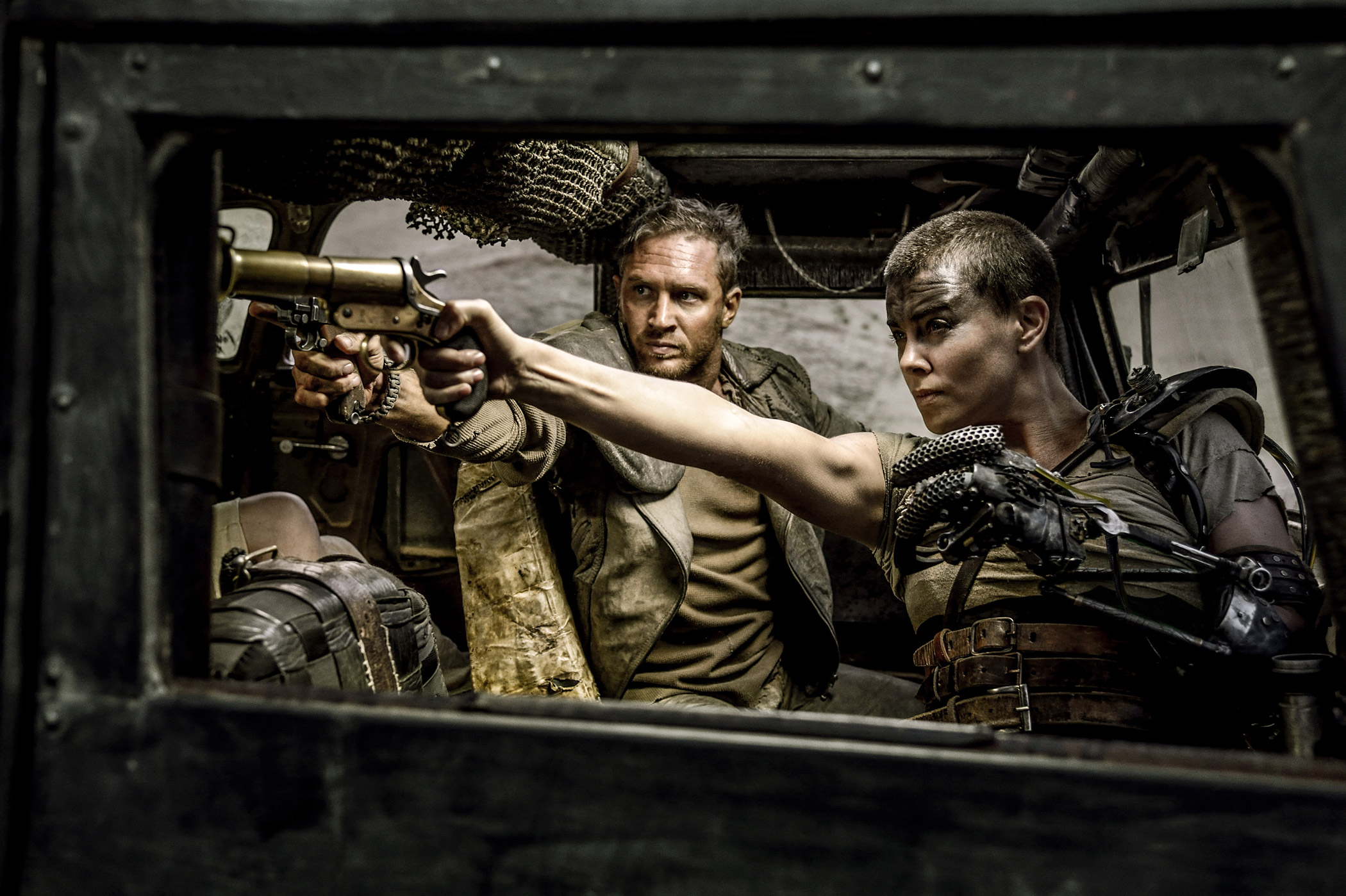
In a summer full of CGI dinosaurs and robots, Mad Max: Fury Road proves that action blockbusters can still be the sort of high art that gets a standing ovation at the prestigious Cannes Film Festival. Director George Miller not only perfected the form, building the rickety fire-shooting vehicles from scratch, but adds narrative heft, taking on serious issues like sex slavery in a nuanced way.
—Eliana Dockterman
It Follows
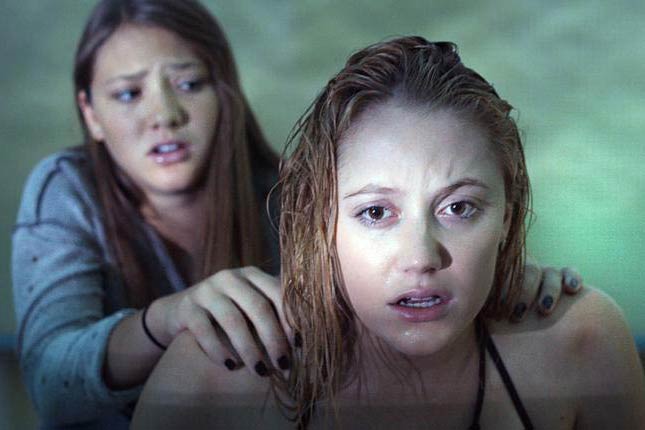
As a premise, “pretty teen girl running from certain doom” may not sound like the makings of an inventive horror film. Yet David Robert Mitchell’s indie sensibility makes the movie unlike any thriller you’ve seen before, while still paying homage to the best traditions of the form.
—Sarah Begley
Far From the Madding Crowd
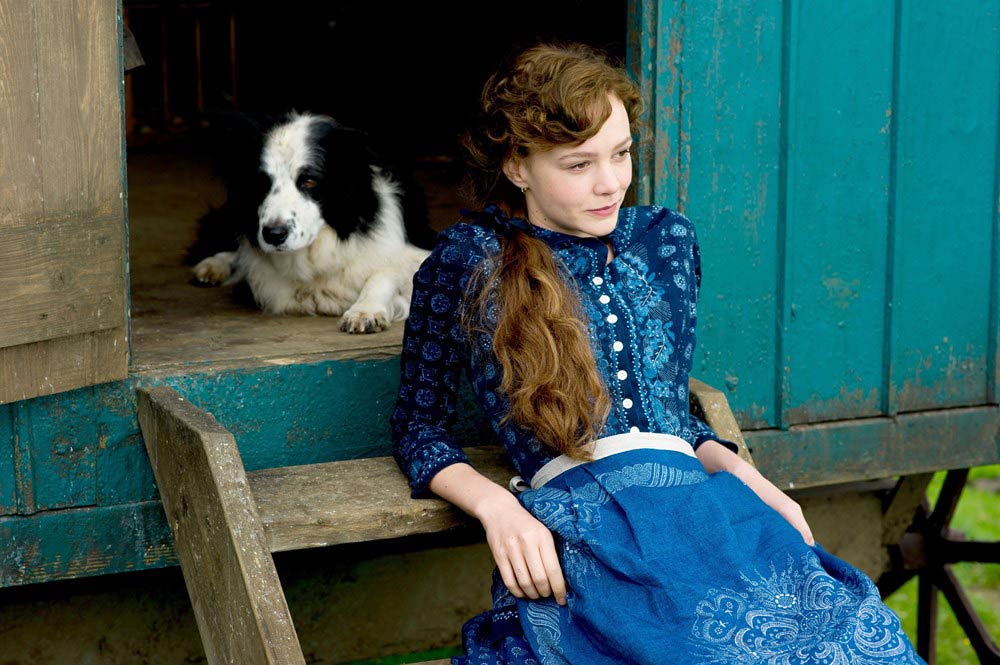
The new adaptation of Thomas Hardy’s novel appeals to the Pride and Prejudice set, but with more subtlety and sadness than most Austen films, plus a hearty heaping of rustic drudgery. Carey Mulligan’s gutsy Bathsheba gets swept off her feet like the best of her 19th century romantic peers, but without their usual histrionics—somewhere between Lean In and Wuthering Heights.
—Sarah Begley
Love & Mercy
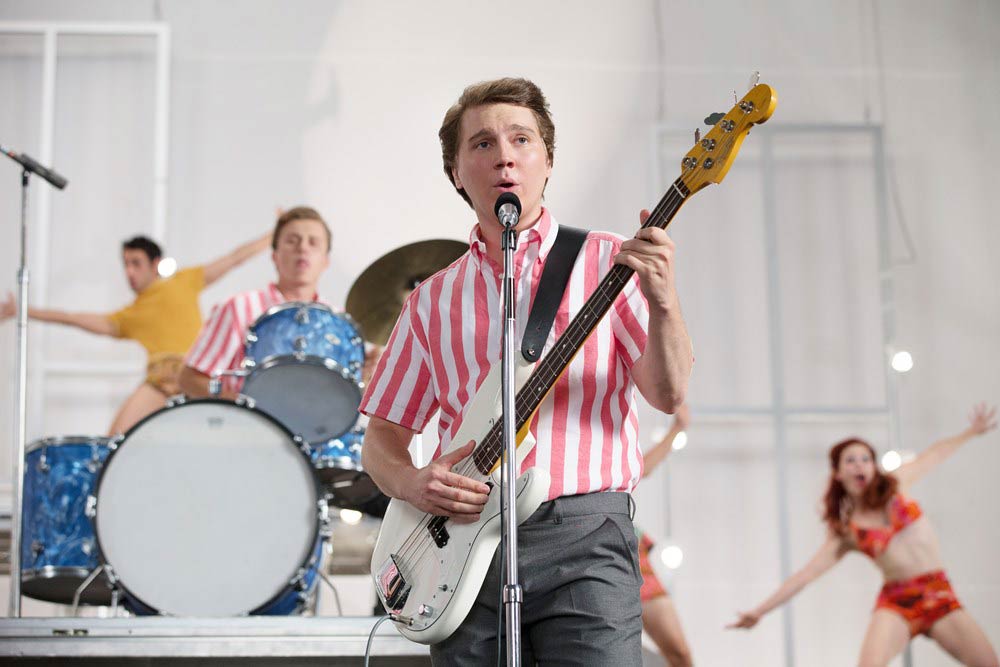
Paul Dano fulfills the promise of roles in Little Miss Sunshine and There Will Be Blood as a young Brian Wilson, the Beach Boy who’s going slowly mad while recording the group’s landmark album Pet Sounds. John Cusack shows us the older Wilson, now paralyzed by overmedication at the hands of a villain. It’s a gripping story of mental illness, which is sadly all too common, and true musical genius—which is extremely rare.
—Sarah Begley
MORE The Top 10 Best Movie Performances of 2015
Furious 7
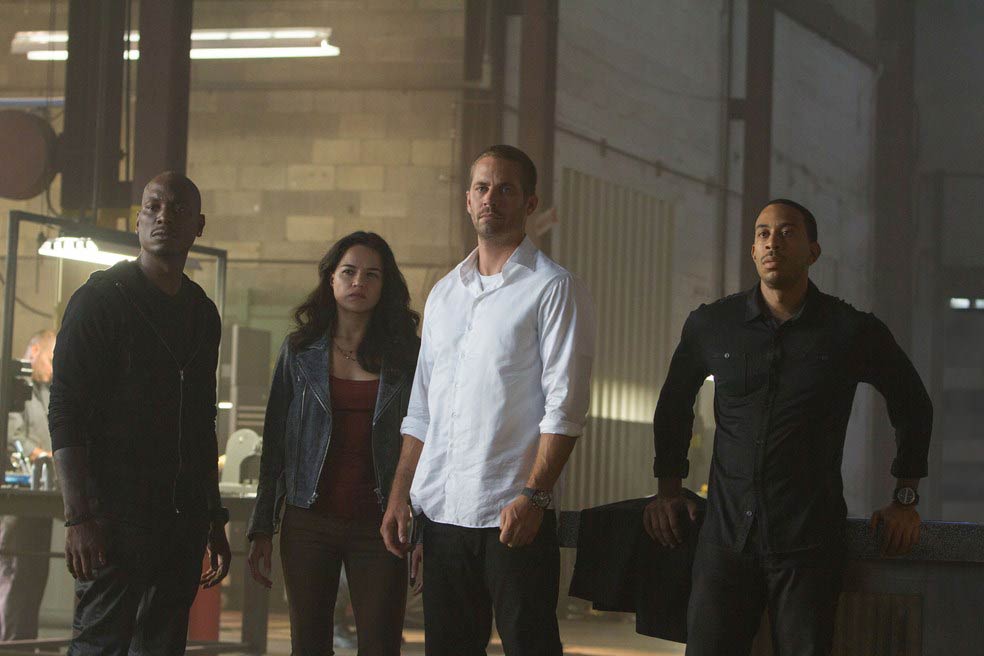
Each Fast & Furious movie has gleefully attempted to outdo the previous one. Brought down a plane in the last movie? How about making cars fly out of one in the next? While Furious 7 doubled down on its self-consciously corny lines and over-the-top stunts—crashing cars through not one, not two, but three high rises—it also took a moment to give a surprisingly moving send off to star Paul Walker, who died in 2013. While he will be missed, this increasingly diverse franchise has a bright future.
—Eliana Dockterman
Ex Machina
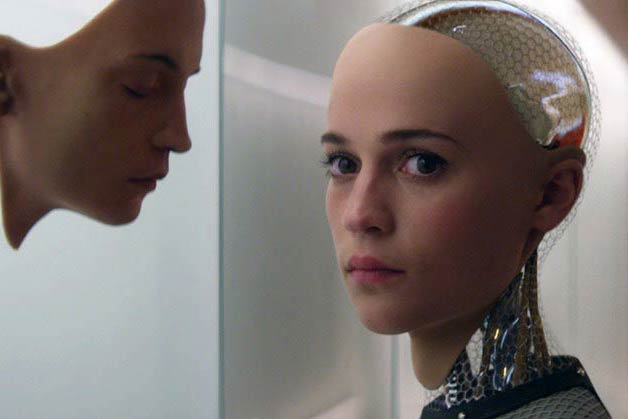
Alicia Vikander’s breakout year hinged on her spooky turn as a robot who may or may not have motives of her own. But this sci-fi thriller got its thrust from the creepy bond between the two men obsessed with Ava: tech billionaire Oscar Isaac and humble employee Domhnall Gleeson.
—Dan D’Addario
MORE The Top 10 Best Movies 0f 2015
Clouds of Sils Maria
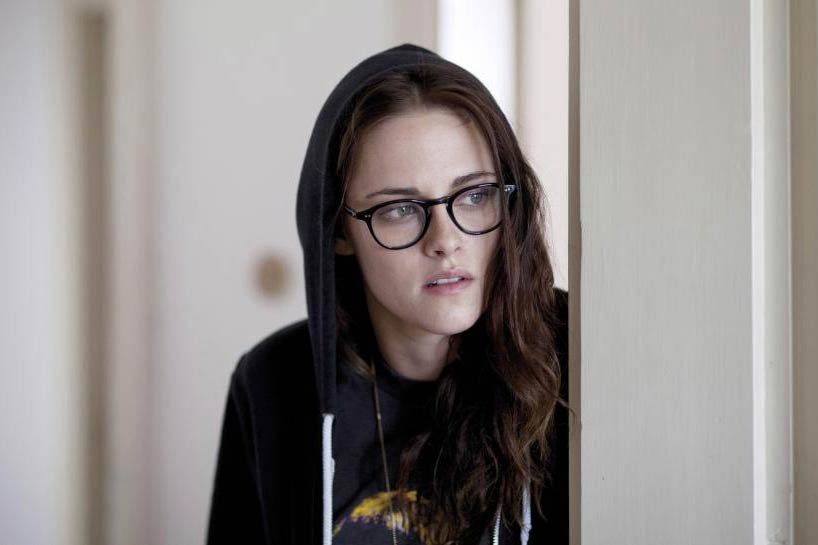
Freed from Twilight, Kristen Stewart showed flashes of both savage intelligence and newfound sensitivity as the personal assistant to Juliette Binoche’s pampered, neurotic actress. The film works as both insider moviemaking satire and an enigmatic tribute to intergenerational bonds between women.
—Dan D’Addario
Welcome to Me
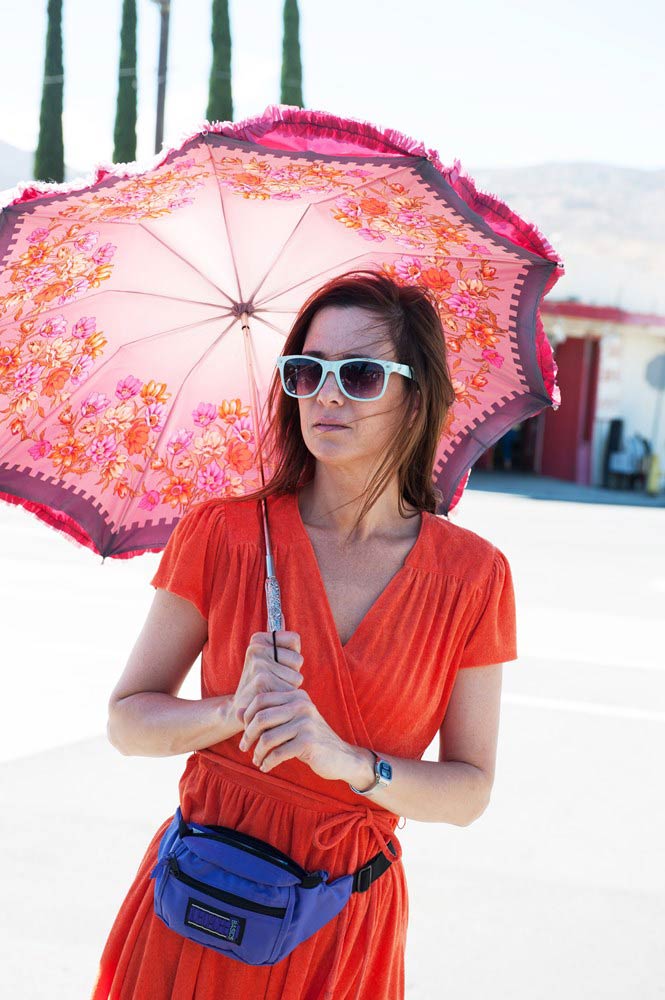
Kristen Wiig, at her best, has always had a far more barbed edge than her comedy contemporaries; there’s real bite, and pathos, to her most memorable characters. Add Alice Klieg to that pantheon. Wiig commits utterly to the story of an ill woman who spends her lottery winnings on a five-day-a-week talk show dedicated to praising herself and shaming her enemies. It works as comment on our media age, but soars as a portrait of suffering that only Wiig could make hilarious.
—Dan D’Addario
Dope
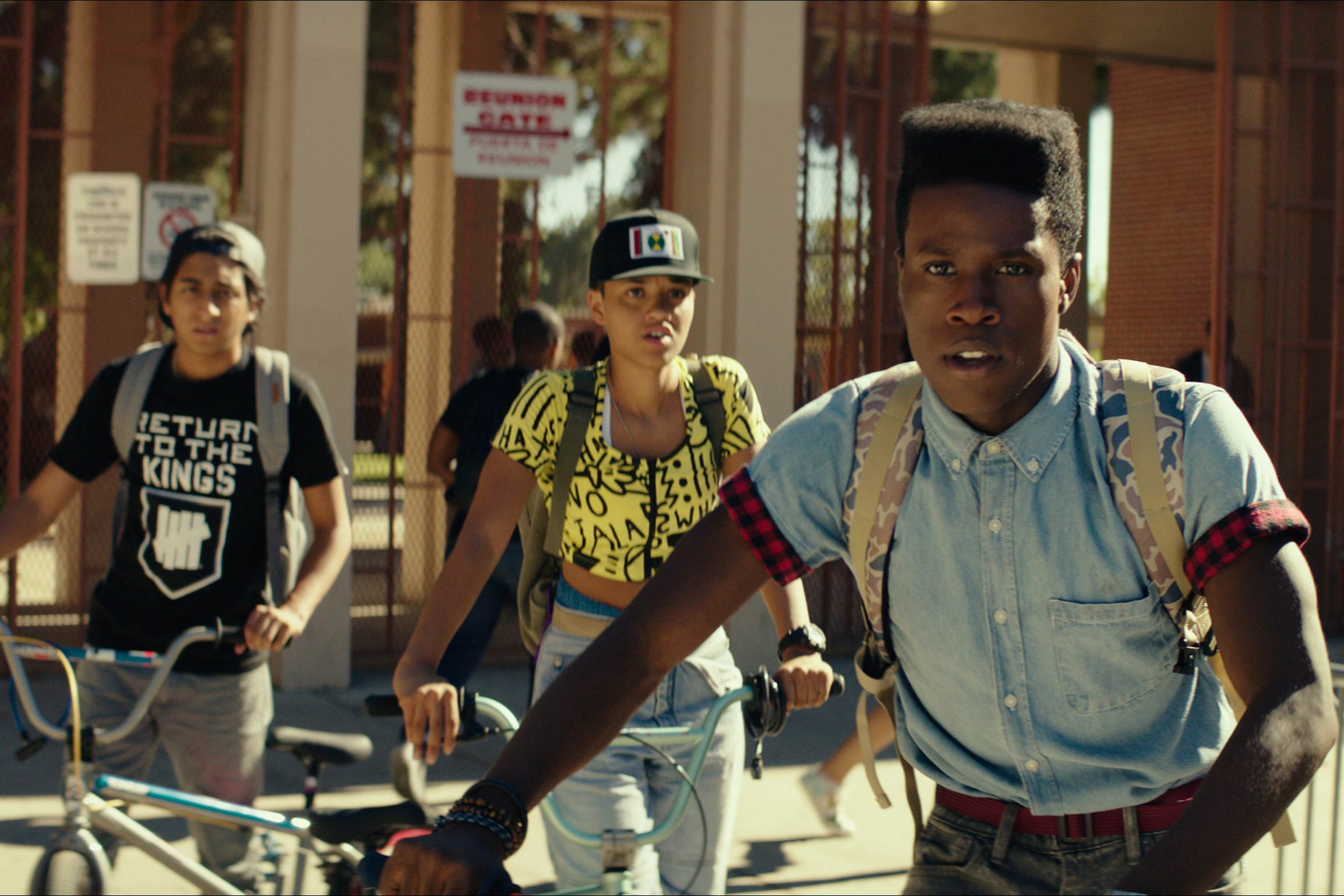
Writer-director Rick Famuyiwa’s tale about a nerdy black teen obsessed with ’90s hip hop culture rejects the trappings the typical coming-of-age flick, starting with its setting: Inglewood, Calif., otherwise known as “The Bottoms.” Newcomer Shameik Moore’s portrayal of Malcolm, who’s stuck between his ambition for a spot at Harvard and the whac-a-mole of obstacles that keep popping up to thwart him, thrusts the rising star into the well-deserved spotlight.
—Eliza Berman
Me and Earl and the Dying Girl
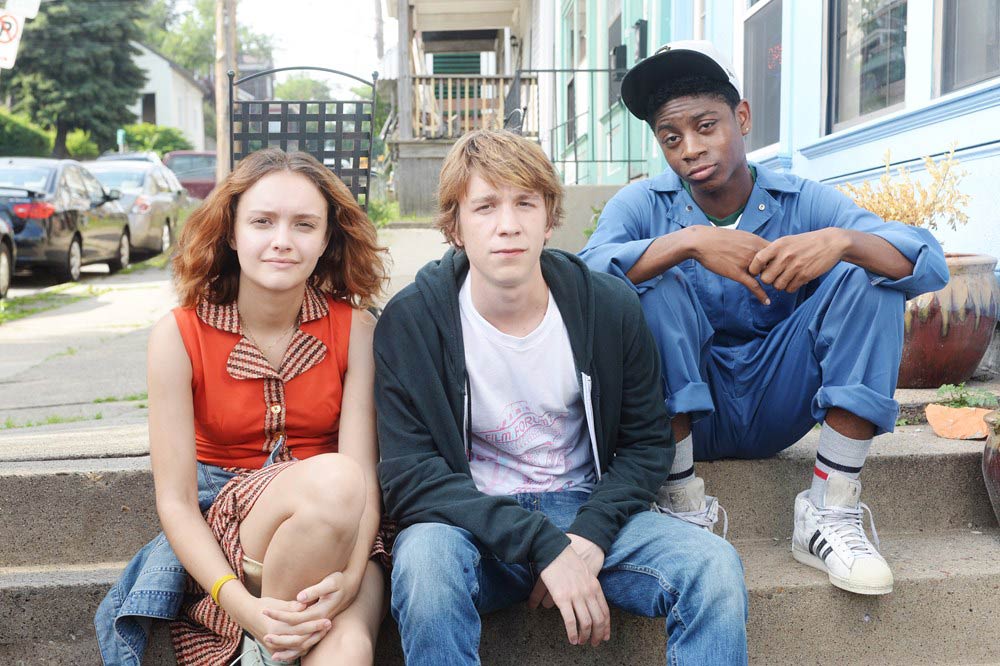
Director Alfonso Gomez-Rejon’s adaptation of Jesse Andrews’ young adult novel is a love letter to his late father and a tribute to the cinema greats who professionally reared him—and the movie’s labor-of-love origins are felt throughout. Though its plot, in which a high school senior is forced by his parents to befriend a classmate with leukemia, begs comparisons to The Fault in Our Stars, the movie defies categorization as a typical teen cancer rom-com by keeping its quirky protagonists in the realm of friendship.
—Eliza Berman
The Boy Next Door

No, you didn’t stumble onto the list of worst movies so far, and no, this wasn’t included to make a larger point about how The Boy Next Door is the rare thriller that lets a middle-aged heroine objectify a dude for a change. (In that way, it’s basically the “I Luh Ya Papi” video of thrillers.) The Boy Next Door gets its due here because the cheap twists and unintentionally laugh-out-loud dialogue (first edition of The Iliad, anyone?) made for one of the most deliriously fun theater-going experiences of 2015.
—Nolan Feeney
More Must-Reads from TIME
- Donald Trump Is TIME's 2024 Person of the Year
- TIME’s Top 10 Photos of 2024
- Why Gen Z Is Drinking Less
- The Best Movies About Cooking
- Why Is Anxiety Worse at Night?
- A Head-to-Toe Guide to Treating Dry Skin
- Why Street Cats Are Taking Over Urban Neighborhoods
- Column: Jimmy Carter’s Global Legacy Was Moral Clarity
Contact us at letters@time.com